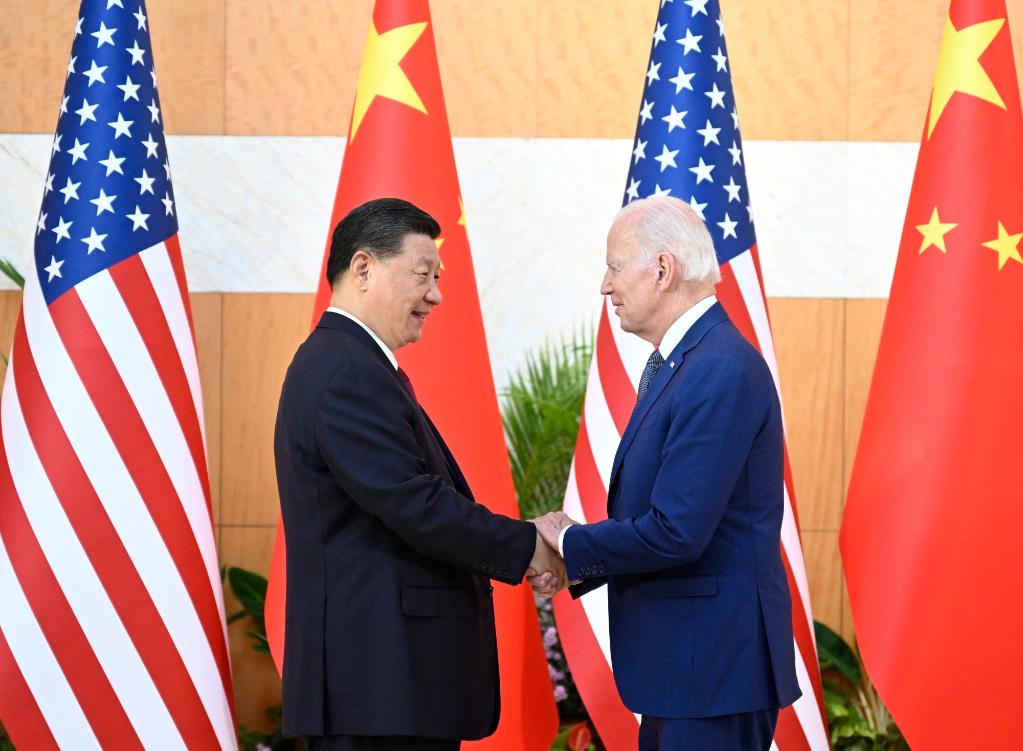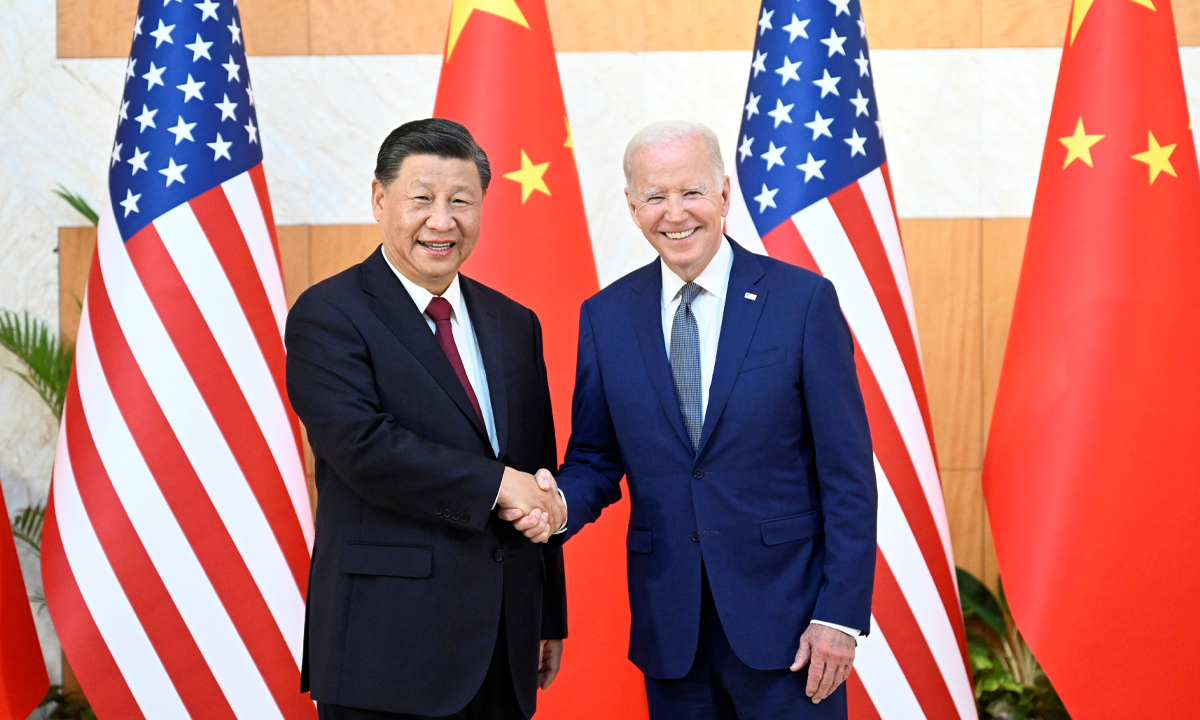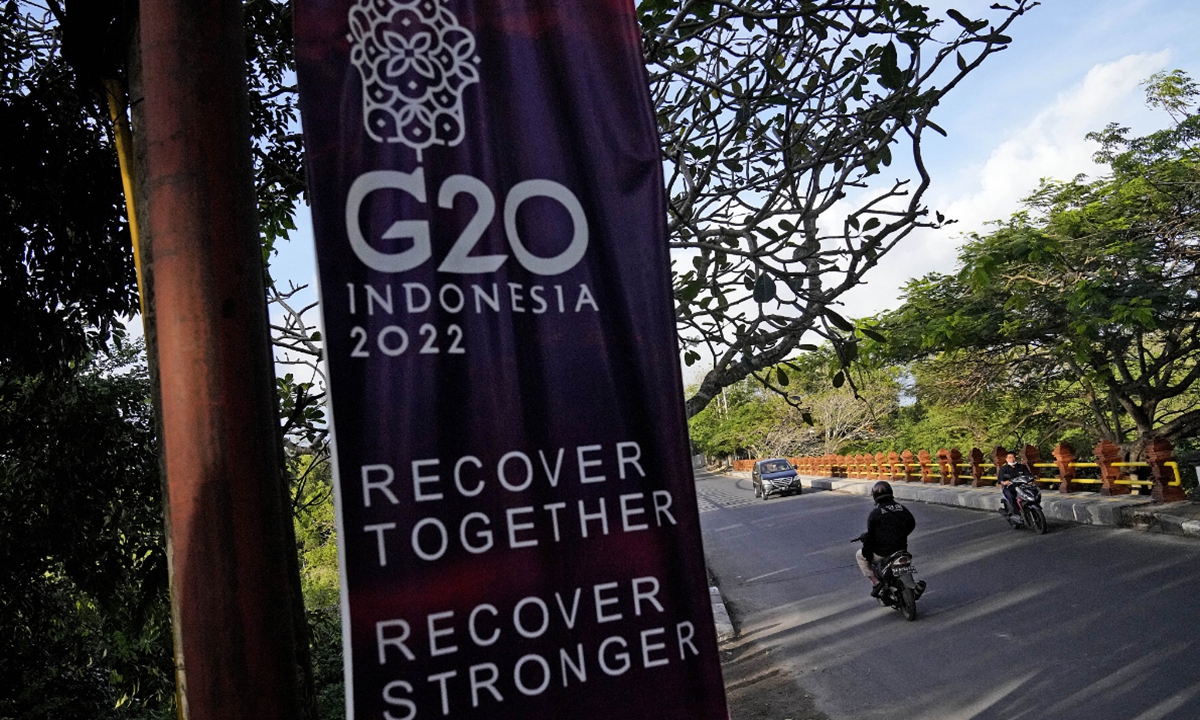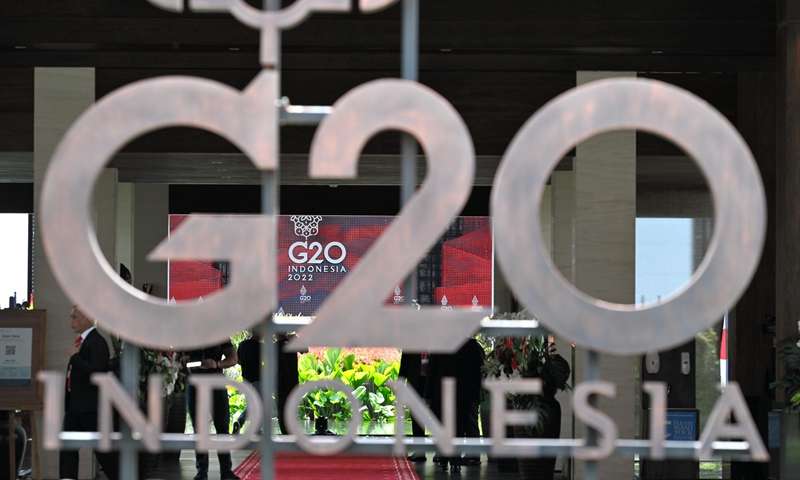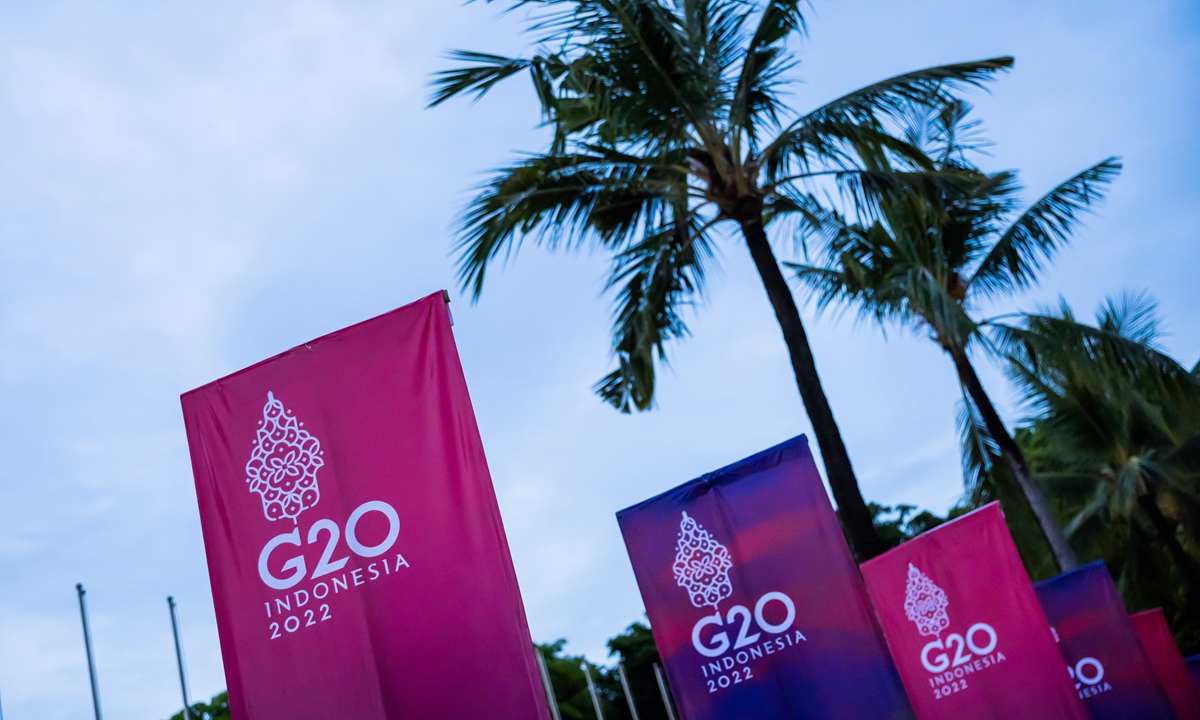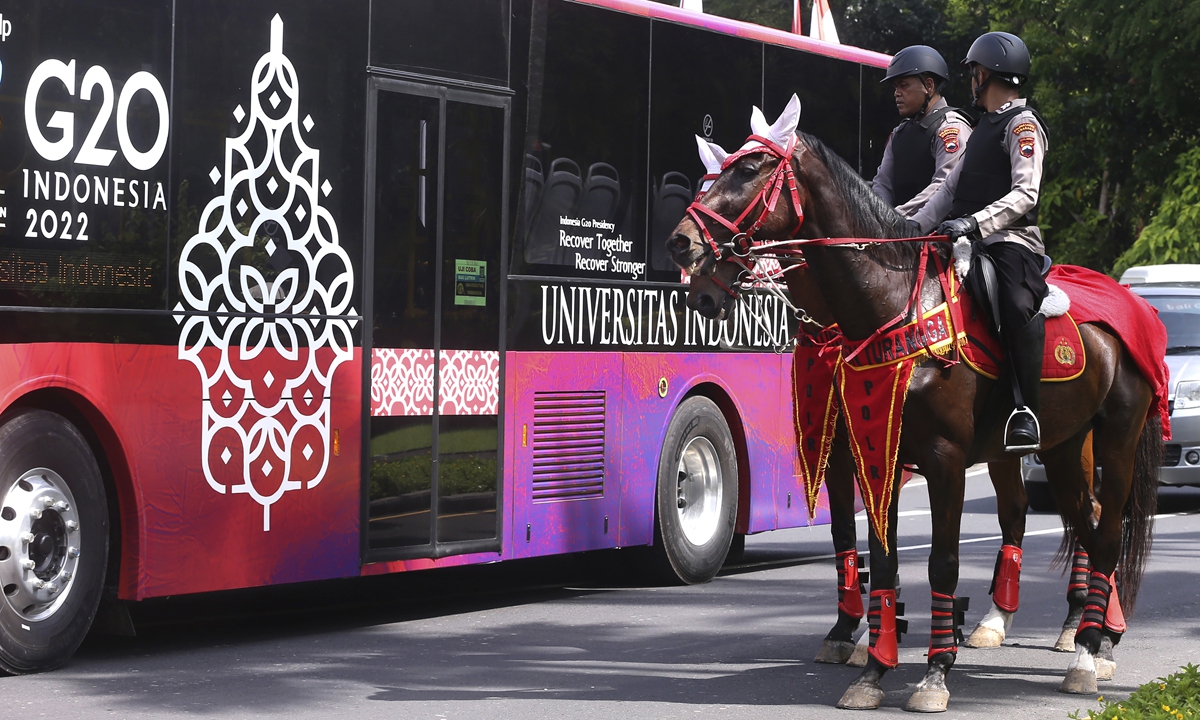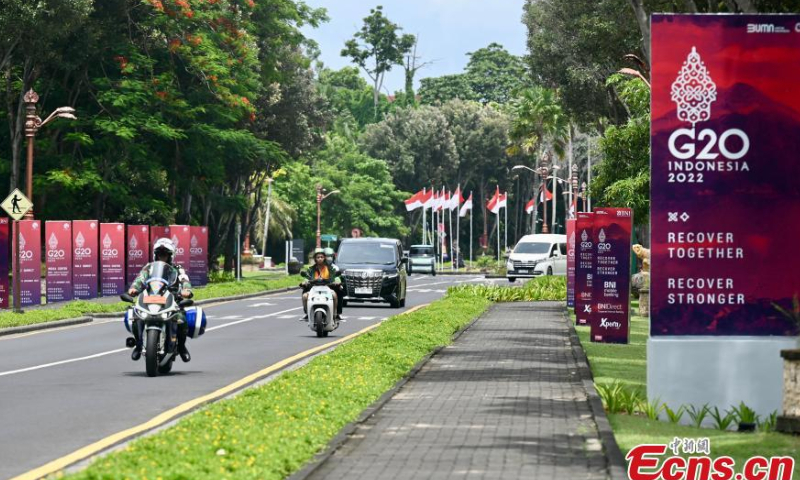Active: Studies have shown that users of public transport have greater health benefits, as users walk or cycle instead of sitting in a car. — Filepic
MALAYSIA has experienced an extremely eventful period since the last general election in 2018. Since then, we have seen political instability with three prime ministers and three health ministers, a global pandemic causing five million cases and 36,000 deaths in Malaysia, multiple floods, a slowing economy, and rising cost of living. The existence of the #RakyatJagaRakyat, #KitaJagaKita, and white flag movements paint the narrative of the rakyat feeling that they must be self-reliant and must depend on one another. This solidarity is important. What’s equally important is to choose our political leaders carefully, in the form of elections. While a general election is not a reset button which provides an immediate solution, it does offer a chance for the rakyat to chart Malaysia’s direction over the next five years. In an increasingly crowded political climate, every vote matters. For example, in 2018, the State Legislative Assembly (SLA) seat of Ajil in Terengganu was won by a meagre margin of only four votes. This shows every vote is important and has the potential to determine who does or does not become the rakyat’s representative to Parliament or SLAs. Therefore, all Malaysians must exercise their constitutional right (and duty) to vote. With the 15th General Election and state elections for Pahang, Perak, and Perlis falling on 19 Nov 2022, these are what we, as health practitioners, would like to see candidates offer: Prioritise health in all policies: Health is an important component in all public policies, not just in the Health Ministry. This is because health is affected by various factors associated with everyday living, from transport to employment rights, gender rights, poverty eradication and education. This is termed as the social determinants of health. For example, policies which make public transport safe and accessible would encourage public use of trains or buses, which could reduce stress and help address climate change. Studies have shown users of public transport also have greater health benefits, as users walk or cycle instead of sitting in a car. This not only increases the fitness level of the users, but also reduces the risk of diabetes and hypertension. This example shows the intricate connection between policies and health. Hence, when addressing voters with their manifestos, we look forward to candidates putting forward policies which champion the health and wellbeing of the rakyat, and for elected representatives to lobby and implement good health-centric policies. Build continuity into the health reform process: Many Bills were presented or planned to be presented to Parliament prior to its dissolution, for example, the Generational End Game anti-smoking bill and the Health Reforms White Paper. These two bills represent long-term efforts to reform the health system to improve the health of Malaysians, introduced by the strong and capable Health Minister Khairy Jamaluddin. These two Bills must survive the political transition process. Therefore, the reform process must be equipped with safeguards which allow them to be carried out on “autopilot mode” by our very competent civil servants, and ongoing projects should not be scrapped without good reason.
It is our sincere hope that whoever forms the government next would minimise the delay of the health reform process and build continuity into the health reform process.
Place capable individuals in positions of leadership:
Good practices begin with good leadership and placing the right persons in the right positions has strong implications. In past years, there have been individuals being celebrated for the impact they make despite the short duration of governance. Candidates for the elections, and subsequently for ministerial positions, must be made based on competence, merit, and their qualifications. Specifically, the appointment of the health minister is important because we need people who can understand the needs and nuances associated with the role. While there have been strong performances from ministers without a medical background, the eventual government can also appoint non-elected and well-qualified technocrats to the role. Besides that, the appointments to the Parliamentary Select Committee (PSC) on Health, Science, and Innovation are important as well. The PSC must provide strong recommendations and play an instrumental role in providing check and balance, to contribute to the strong performance of the Health Ministry in recent years. Finally, while it is easy to forget, we are still in the middle of a pandemic. The Omicron sublineage variant of XBB has been reported to be the most antibody-evasive variant identified to date. It has been identified in over 26 countries and is spreading rapidly. In Malaysia, the seven-day average new case is nearing the 3,000 mark, which was last breached two months ago. Hence, we strongly encourage election campaigners to take necessary steps including holding virtual ceramah on social media to limit the spread of infection. Candidates being given equal airtime on mainstream media would be an efficient way to prevent the spread of infection as well. At the same time, campaign managers should seek expert opinion prior to organising events as well. With the threat of the flood season, election campaigners must make sure the safety of the campaigners and the crowd are prioritised during the campaign and also on polling day. The Meteorological Department’s reports should be heeded and, should the event of disasters such as floods take place, the priority should be to save lives and ensure aid reaches affected families. Come Nov 19, Malaysians have a chance to reset and restart the country. While the election has to take place, we must ensure it is a safe one for all involved: For voters, officials, volunteers, and candidates. We look forward to the safe execution of the 15th General Election and hope that the best of Malaysia will be elected, and not incompetent, corrupt, or divisive politicians. DR SEAN THUM and DR KHOR SWEE KHENG(Drs Sean Thum and Khor Swee Kheng are part of the Malaysian Health Coalition)
Related posts:
NEW VOTERS COUNT DOWN TO POLLING DAY, Steps to vote in GE15
Mask up with new Covid-19 wave sweeping nation
Top Coronavirus News
COVID-19
infections have been trending downward in the U.S. since August but increased about 10% over the past two weeks, according to data from the
CDC.
Read more.




%20Dashboard%20With%20Vaccination%20Data.png)





